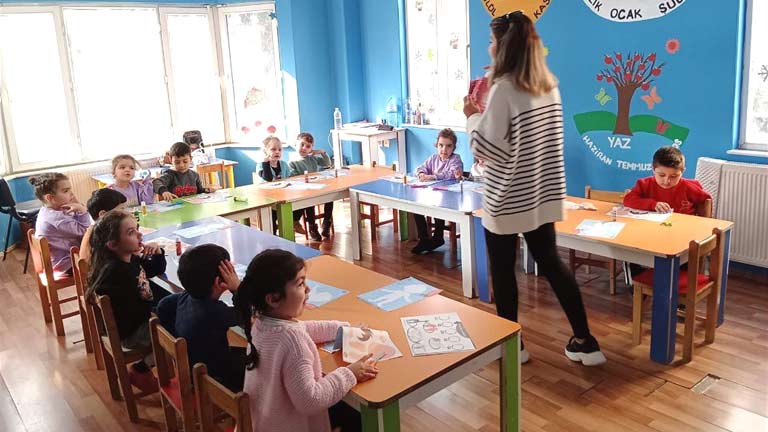
From the moment they placed your newborn baby into your arms, the desire to give your child the best of everything has been on your mind. It started with making sure that they were clean and fed, and as they got older, it is making sure that they can walk, talk, and learn the skills to grow into a successful child.
And now, you are faced with the task of finding them a great school. Choosing the right school for your child is an important decision and one that can have lasting impacts on their future. But don’t worry. Here are some things to consider when making this all-important choice:
1. School Size
Once you have narrowed down your list of locations, you should consider the size of the school. If you weren’t already aware, you should know that they can generally be divided into three categories: large, medium, and small.
Large schools have more than 1000 students enrolled, while medium-sized schools have between 500 and 999 students. And schools of the smallest size will only have 500 enrollees or less. Each type of establishment has its own advantages and disadvantages.
In large schools, for example, there are usually more resources available to students and a larger selection of specialised classes. Small schools, however, tend to have lower student-teacher ratios and stronger relationships between staff and learners.
Ultimately, deciding on the size of school that’s right for your child depends on their individual needs and preferences. Smaller schools may be better equipped to provide more personalised education, while the larger ones offer increased opportunities for extracurricular activities and other resources. Whichever you choose, make sure it fits with your child’s learning style.
2. Location
When choosing a school for your child, its location is a key factor. Schools located in highly populated cities may provide access to more educational and extracurricular opportunities but may also present safety or noise concerns. On the other hand, rural schools can be safer but may lack resources or specialized programs.
Take into account the average commute time for your child and the ease of access for parents to attend school events and meetings. Consider the cost of transportation if it is not already provided by the school district or if you need to provide it yourself.
In order to find some of the best schools in your area, taking the time to browse the list that has been collated by professional resources, like the school guide, is a great starting point. From here, you can learn more about the school and whether it will be suitable for your child.
3. Curriculum
When it comes to education, there is nothing more important than the curriculum. It’s essential to find out what kind of courses are offered by the school and how they align with your child’s interests and goals. Look into the school’s program offerings, any specialized classes or programs, as well as any extracurricular activities that may be available for your child to participate in.
Commonly, the teachers will have a set curriculum to abide by, however, it’s important to ensure that the curriculum is updated and relevant. It’s also beneficial to learn more about the teaching methods used in each classroom. Are teachers employing project-based learning? How do they assess student progress?
All of these questions can be essential when it comes to finding a school for your child.
4. Teachers
As with any school, the quality of the teaching staff is particularly important. Do your research on the teachers, as well as the school’s overall retention rate for instructors. It can also be helpful to ask about the qualifications and experience of a particular teacher if you are considering enrolling your child. You want to make sure that they have clear expectations and will provide an atmosphere of high-quality learning.
Additionally, ask about the school’s expectations of its staff and whether they offer training or other professional development opportunities. This will give you some insight into the commitment of the teachers to providing an excellent education for their students.
5. Extracurriculars
Finally, though often overlooked, extracurricular activities can be a great way to round out the educational experience of your child. Whether it’s joining the chess club, playing on a sports team, or participating in theater activities, extracurriculars can help your child learn how to work with others and gain valuable skills like leadership and communication.
Before committing to a school, make sure that it offers a wide range of extracurricular activities that align with your child’s interests. Also, take the time to look into whether or not they have any special programs related to the area where your child excels. These can be great opportunities for them to explore new hobbies or further develop their skills.
Final Thoughts
Choosing the right school for your child is a big decision that shouldn’t be taken lightly. It can have an enormous impact on their development, academic success, and social life. There are plenty of factors to consider when making this important choice – from location and extracurricular activities to curriculum and class size.
Ultimately, it comes down to finding a school where you feel confident your child will receive the best education possible.
With careful research into all aspects of each potential school, parents can make informed decisions about what kind of learning environment works best for their children’s needs.




